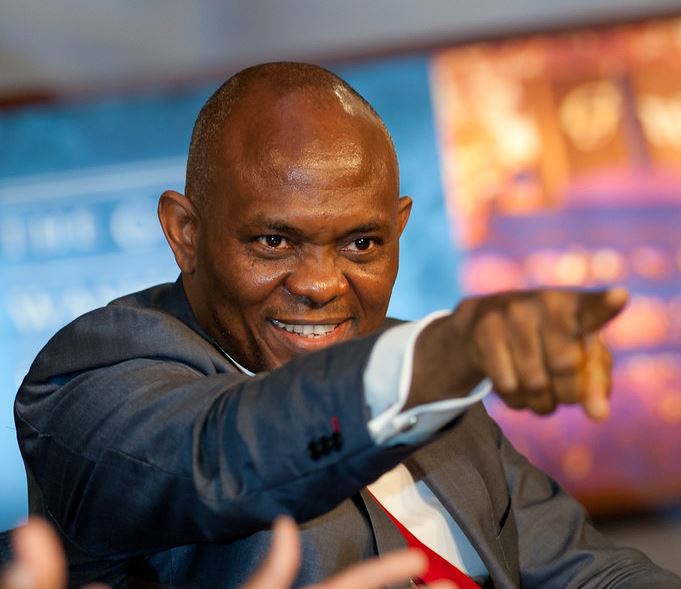
Last month’s Tony Elumelu Foundation (TEF) in Abuja, Nigeria brought together five African presidents and thousands of African entrepreneurs for two days of intensive talks about issues of job creation, technology, poverty, and youth empowerment.
The TEF has long advocated entrepreneurship as a key driver of economic transformation in Africa. Its annual forum offers opportunities for budding CEOs to tap into the expertise of more than 60 international speakers and even to apply for seed capital, mentoring and training. The event enables would-be entrepreneurs to participate in a variety of masterclasses, panel discussions and debates designed to inspire innovation and boost economic development on the continent.